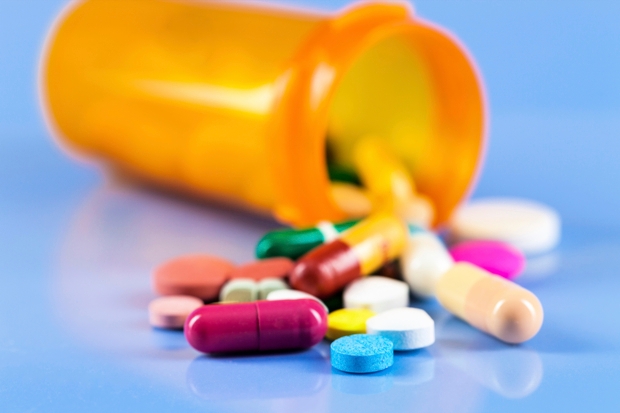Thanks to Fleming’s discovery of penicillin in 1928, antibiotics put an end to a world where people died from the most innocuous infection. But they’re no longer the panacea they once were because resistance is growing. Here are a few useful facts about penicillin and its pals:
1. Half of all antibiotics are given to animals
We associate these bacteria-killing drugs with human use, but antibiotics are widely used to treat food-producing animals like chickens and pigs. Often livestock are being dosed with the same antibiotics as we take. This is contributing to antibiotic resistance in humans.
2. The last new antibiotic was discovered in the 1980s
From 1940 to 1962, 20 new classes of antibiotics came on the market. In the next 50 years only two new ones came out. Developing these drugs is costly, but they’re only used for a short period, so pharmaceutical companies worry that they won’t get their money back.
3. Antibiotics won’t work against colds and flu
That’s because they are viruses, and antibiotics only act against bacterial infections. Your doctor will have to do a blood test to find out if your bug is viral or bacterial, but most patients want instant results, so that rarely happens.
4. Neither do they stop kids developing a cough
A recent review in The Cochrane Library found that there was no evidence to support the practice of giving antibiotics to children with an upper respiratory tract infection to prevent complications like a cough or ear infection. Yet in high-income countries, these childhood illnesses account for 75% of all prescriptions for antibiotic.
5. Antibiotics might even make you feel more ill
Or at least this is what another review of six studies found. Not only did the antibiotics not work, but people who took them were up to three times more likely to have stomach upsets and diarrhoea, compared with people who didn’t take them.
6. They give you thrush
That’s because these anti-bacterial drugs destroy the good bacteria in your gut as well as the bad. This makes women in particular more likely to develop a yeast infection.
7. They can make you fat
Research has suggested that antibiotics are linked with obesity in children. A recent study of nearly 65,000 children found that those who had four or more courses of broad-spectrum antibiotics before the age of two were at greater risk of becoming obese. Antibiotics have also been used extensively to fatten up animals for meat, though this is now banned in Europe.
But… there are new developments in the pipeline
For example, Dutch scientists have developed an alternative to antibiotics which has proved successful in treating MRSA. The treatment uses enzymes to attack bacteria, which are unlikely to become resistant to it. So, with luck and a spot of scientific ingenuity, we might not be heading back to the dark ages of medicine just yet.






Comments